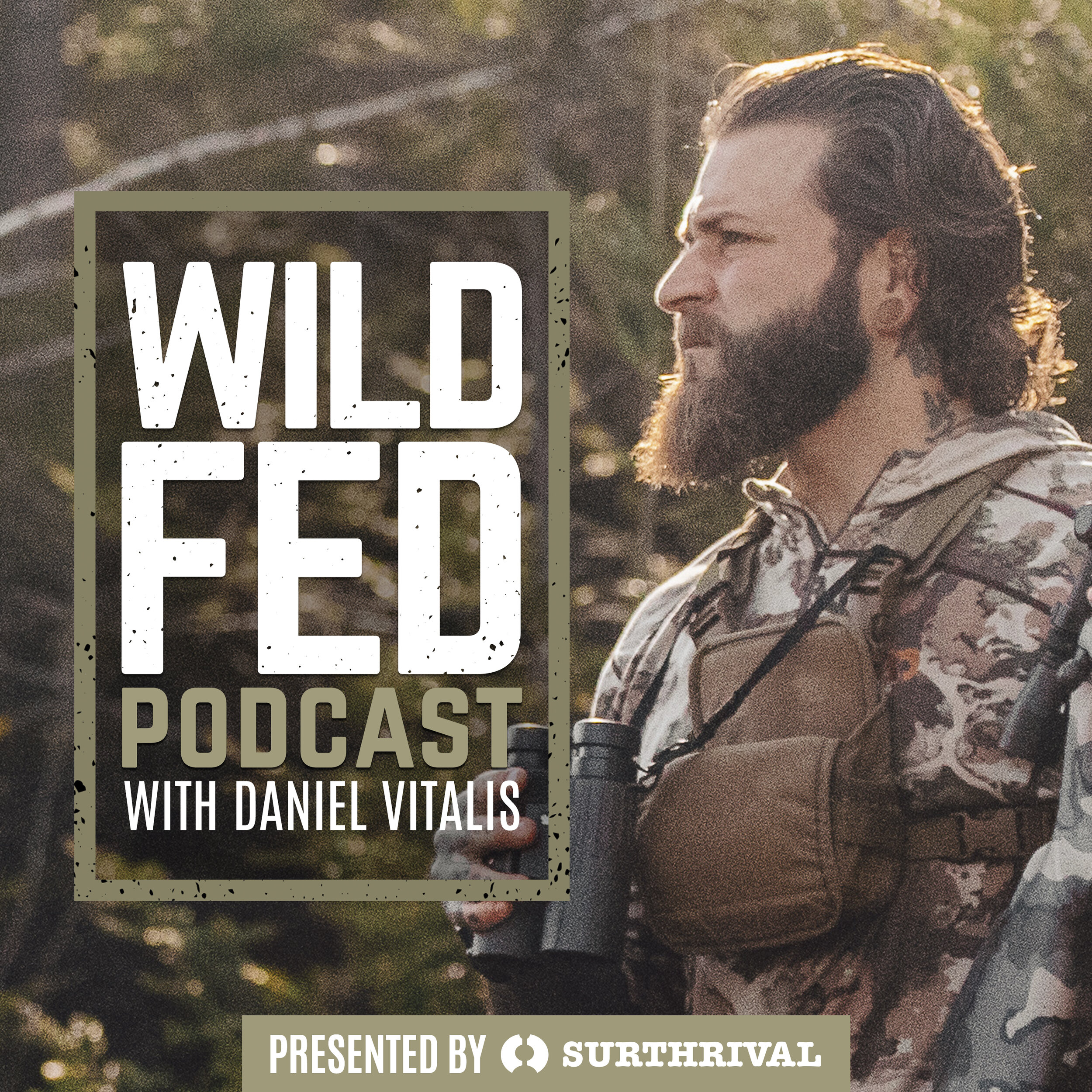Today’s guest is Senior Cyber Tracker Kersey Lawrence.
If you’ve been listening to the show for a while, you’ve heard Daniel speak to a few skilled trackers in past episodes. This skill, of studying, identifying, and ultimately tracking and trailing animals was — most likely — fundamental to the development of the modern human brain and perhaps even to language itself.
At one time, this skill would have been nearly universal amongst humans, but of course, in our more modern era, it’s atrophied to the point that most of us can’t identify the tracks of the native wildlife around us, no less interpret them.
Now, modern hunters are a bit of an exception. Most of us are aware of the track patterns of the animals we pursue, and use these tracks, albeit in a rudimentary way, to locate our quarry. That kind of tracking is a bit like learning an alphabet, or maybe even reading a few monosyllabic words. What Daniel's talking with Kersey about today is different. It’s more akin to reading sentences, paragraphs, and ultimately books of knowledge about how animals have used the landscape in the recent past and potentially might use it in the future too.
There are places and peoples in the world where this skill is still alive, part of an unbroken lineage that stretches back into the deepest recesses of human antiquity. And there are also folks, for whom this field of study came later in life but who have developed it into a contemporary art-form and culture — who’ve codified it and who are ensuring it doesn’t blink out of existence the way so much of our ancestral skills and technologies have.
Kersey has a foot in both worlds. She lives part time and works alongside trackers in Africa, who come from communities where tracking is still practiced the way it always has been. Places where the practice of this art was never generationally interrupted. But she also lives part time here in the US where she teaches tracking to folks whose lineage forgot the art of tracking long ago.
Kersey is the first woman to ever earn the title of Senior Tracker in the internationally renowned CyberTracker system. Today she’s going to tell us what CyberTracker is, and about the art of tracking. She’s done the deep dive, and she’s going to introduce us to something our ancestors forgot long ago, and maybe even invite us to pick it up where those distant relatives left off.
To not just follow in their footsteps, but to follow their footsteps themselves.
Read More
